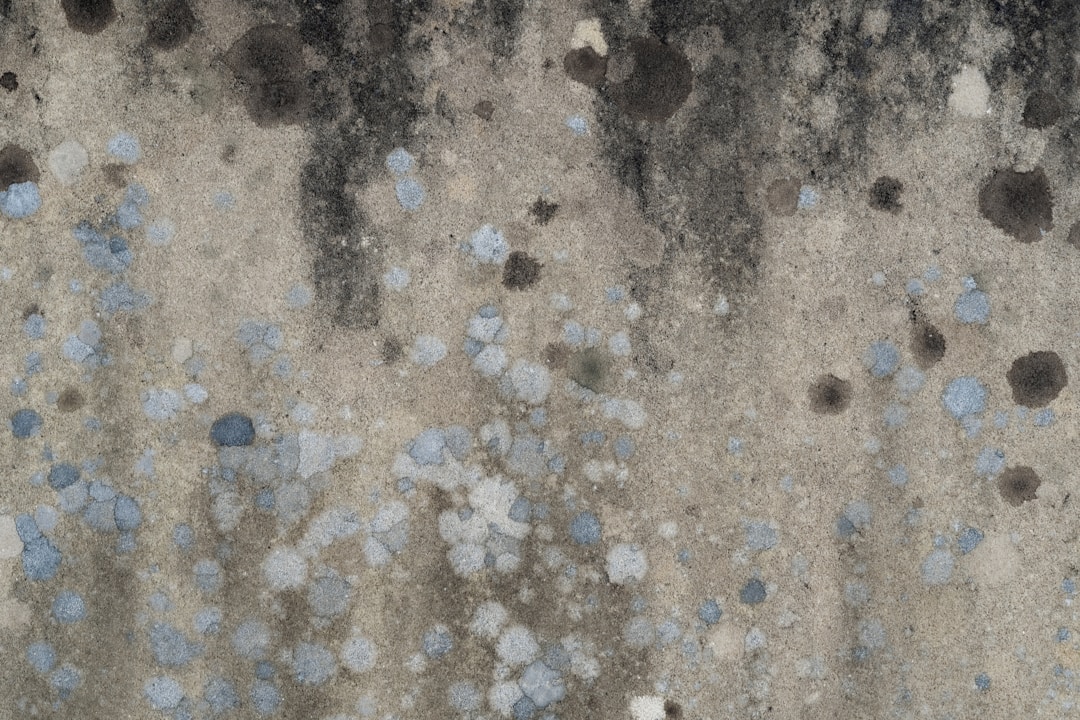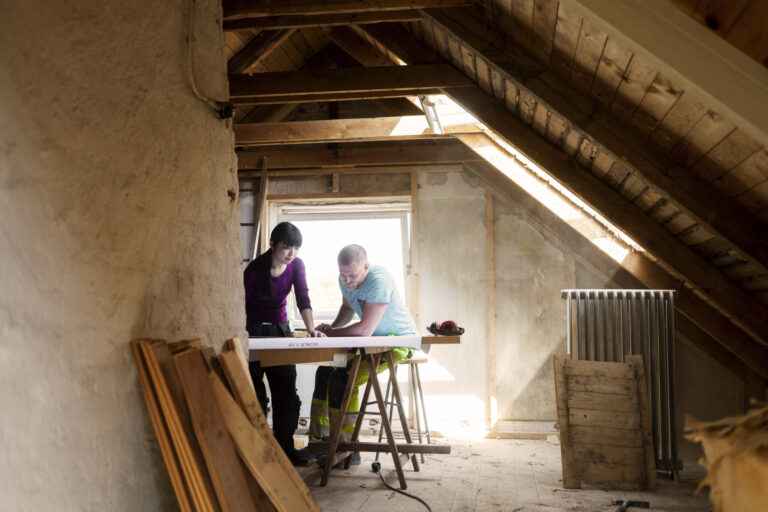Mold is a very common occurrence in nature and is usually found just about everywhere you go, from your home and vehicle to your yard and even your food. Fortunately, molds usually do not pose an issue when they aren’t growing or spreading in large quantities. Inside of your home, however, when mold spores land on a wet or damp surface and begin growing, they have the potential to cause health problems. Mold growth can contain irritants, allergens, and, in some cases, toxic substances. While the effects of mold exposure might go unnoticed, if you are exposed to higher amounts of mold or have sensitivities, it could pose a larger danger. Let’s look at some things that you should consider when it comes to mold.
Why is mold dangerous?

As discussed, mold is found in various places and is usually harmless to humans. Molds are small organisms beneficial to the environment and are needed to break down dead material. So, what are the dangers of mold? When molds are present in large numbers, they can cause allergic symptoms similar to what you would experience with plant pollen. People get into trouble when molds grow and spread inside homes and workspaces where constant, long-term exposure is possible. In large quantities, or when conditions are right for molds to produce toxins, adverse health conditions can result.
Molds hide in places like cabinets, basements and crawl spaces, drywall, and areas with water exposure. Bathrooms and kitchens are prime breeding grounds for mold spores because of water availability and a lack of ventilation. Unless the problem is apparent, molds can grow silently in unnoticed areas and create long-term exposure. When inhaled or ingested, some people may only experience mild allergy symptoms. However, molds that contain toxins can attack the body’s central nervous system and immune system. Toxic mold exposure can impair vital body functions and interfere with cognitive abilities.
Who is affected by mold?

Some people are more sensitive to mold than others. In general, allergy sufferers with pollen problems will have the same issues with tree mold and others found floating in the air. Age and general health conditions can be contributing factors for those more susceptible to mold. The elderly with underlying conditions and those who suffer from respiratory illnesses like asthma will be more impacted by mold. For some people, the reaction could be mild, while others may experience more severe reactions.
No matter your age, health condition, or other circumstances, however, black mold and other toxic molds can cause an allergic reaction that can be severe. If exposed to toxic molds for an extended period, just about anyone will experience some effect. Doctors have also noted that extreme exposure to mold toxins can result in death.
How can you prevent mold?
As discussed, mold is everywhere, and exposure is unavoidable in many places. However, there are some things that you can do to limit your exposure to molds with potential toxins. The best way to prevent mold and the associated health dangers is to do a visual inspection of your home or workplace periodically. Areas with a musty odor or prior water damage can be prime areas for mold growth. Anywhere there is the potential for excess moisture, however, could be an area of concern. Often, your nose will give you the first hint that there is a problem.
If you find mold growing, you can clean it with a bleach solution and follow other CDC recommendations for mold remediation. Once cleaned, you will want to make sure that the area is well ventilated and can dry completely. If there is a major issue, it is recommended that you hire professionals to remediate the problem.
Mold occurs in nature, and it is impossible to completely avoid exposure. However, you can limit your exposure around your home, office, and other areas by ensuring that certain areas are well cleaned and dry.








